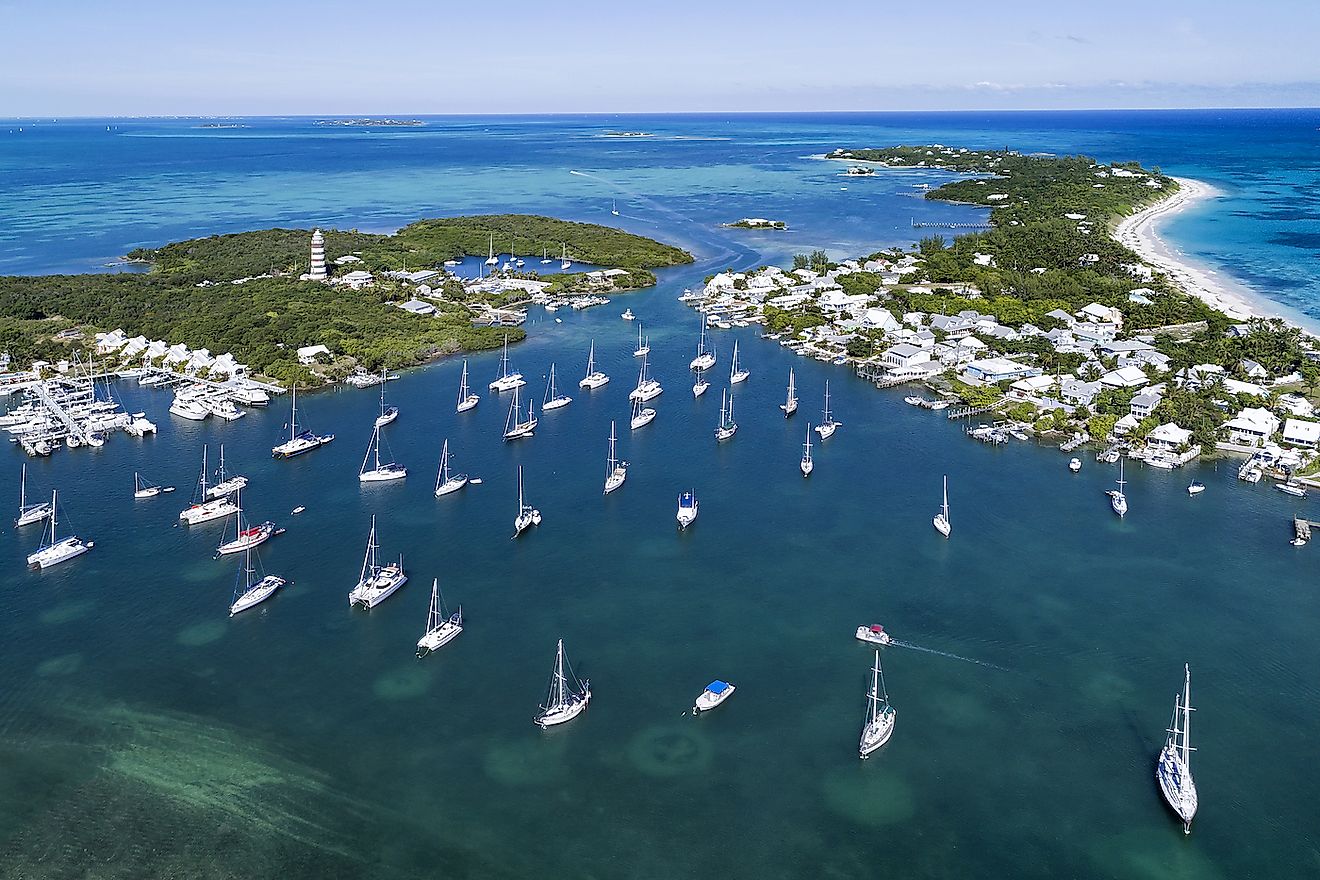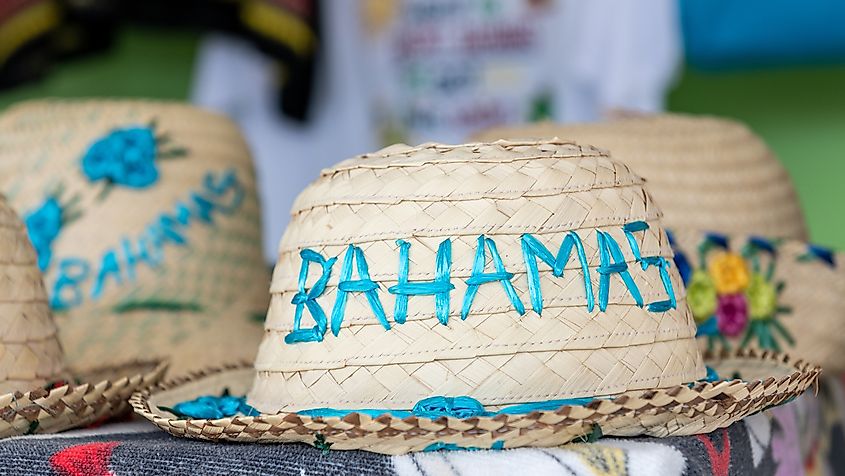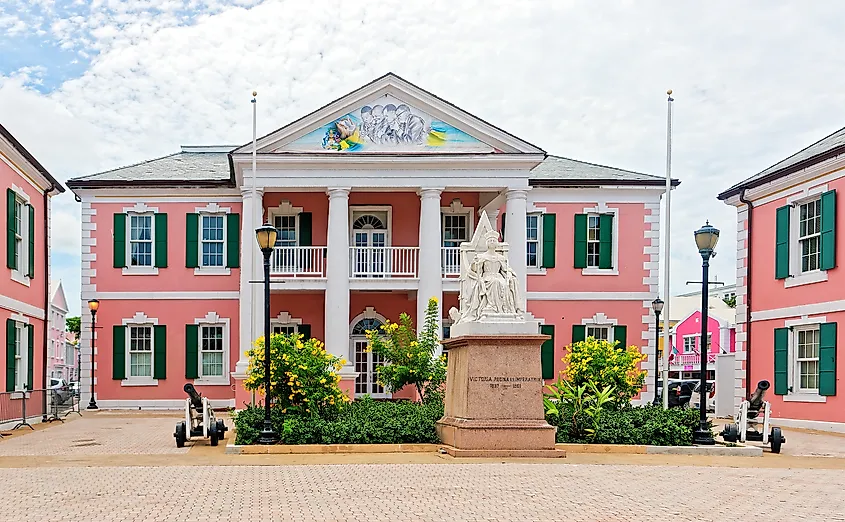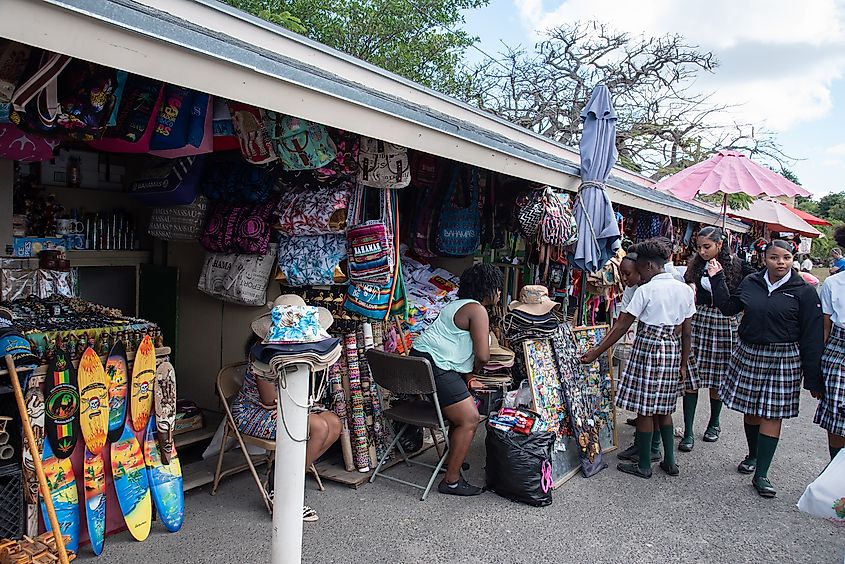Is The Bahamas A Country?

- The Bahamas has been an independent country since 1973.
- The Bahamas was once a British colony.
- The overwhelming majority of the Bahamian population is of African descent.
- The two biggest economic activities in the Bahamas are tourism and international financial services.
- The climate of the Bahamas is generally mild year-round.
The Bahamas is, indeed, an independent country, located in the West Indies of the Caribbean Sea, north of Cuba and east of Florida. Formerly a British colony, the Bahamas became an independent state in 1973. The name Bahamas is supposedly derived from the language of the original native inhabitants of the islands, the Lucayan Taino people, though some historians believe it comes from the Spanish, “bajamar”, which translates as shallow water. When Christopher Columbus sailed to the Americas, his first landfall occurred on what is now the Bahamian island of San Salvador. The Bahamas is best known as a tourist hotspot, with people around the world, especially the U.S., flocking to the country’s many resorts to be close to its beaches and crystal blue waters.
Climate

The climate of the Bahamas is the main reason for the country's being the tourist mecca that it is today. Temperatures are almost always mild in the country, generally not falling below the low 60s F in the winter, but not rising more than the low 90s in the summer. The country’s location does, unfortunately, make it a frequent target of tropical cyclones. Hurricane Dorian, which hit the country in the fall of 2019, killed dozens, made many more homeless, and caused billions of dollars in damage.
Governmental Structure

The Bahamas is a democratic constitutional monarchy, just like other countries that are members of the British Commonwealth, such as Canada, New Zealand, and Australia. This means that the British monarch is the country’s head of state, represented by the country’s Governor General. As in other Commonwealth countries, the role of the head of state is strictly ceremonial. The real power rests with the Prime Minister, the cabinet, and the Bahamian parliament, which is divided into two chambers, the House of Assembly and the Senate. The country’s capital is the city of Nassau, which is also the country’s largest city.
The People

Most of the population of the Bahamas are of African descent. There are also some people of mixed African and European heritage, as well as a small population of people of European descent. By the mid-20th century, a significant number of migrants from Haiti, another Caribbean country, began settling in the Bahamas. The country has recently welcomed more arrivals from the United States, and other countries of the West Indies. English is the official language of the country and is spoken by the vast majority of people there. In terms of religion, most Bahamians belong to one of the Christian denominations. Many of them are members of non-Anglican Protestant churches, but there some who are members of the Anglican Church, plus a small number of Catholics.
The Bahamians are widely distributed throughout their archipelago, but nearly two thirds of the country’s population is located on one island, New Providence, where Nassau is situated. Over time, Bahamians who once lived in fishing and farming communities, have migrated to communities at the center of tourist and commercial activity. The country is now overwhelmingly urban, with more than eight in ten Bahamians now living in an urban location.
The Economy
The two biggest movers of the Bahamian economy are tourism and international financial services. The tourist industry is based primarily on the islands of New Providence and Grand Bahama. The Bahamas does not have any corporate or income taxes, which is why many banks and trust companies place their money in the country, where the confidentiality of their financial transactions is guaranteed. There are still some Bahamians who engage in traditional economic activities, like farming and fishing. The country’s currency is the Bahamian dollar, which is pegged to the U.S. dollar, meaning that they are of the same value.











